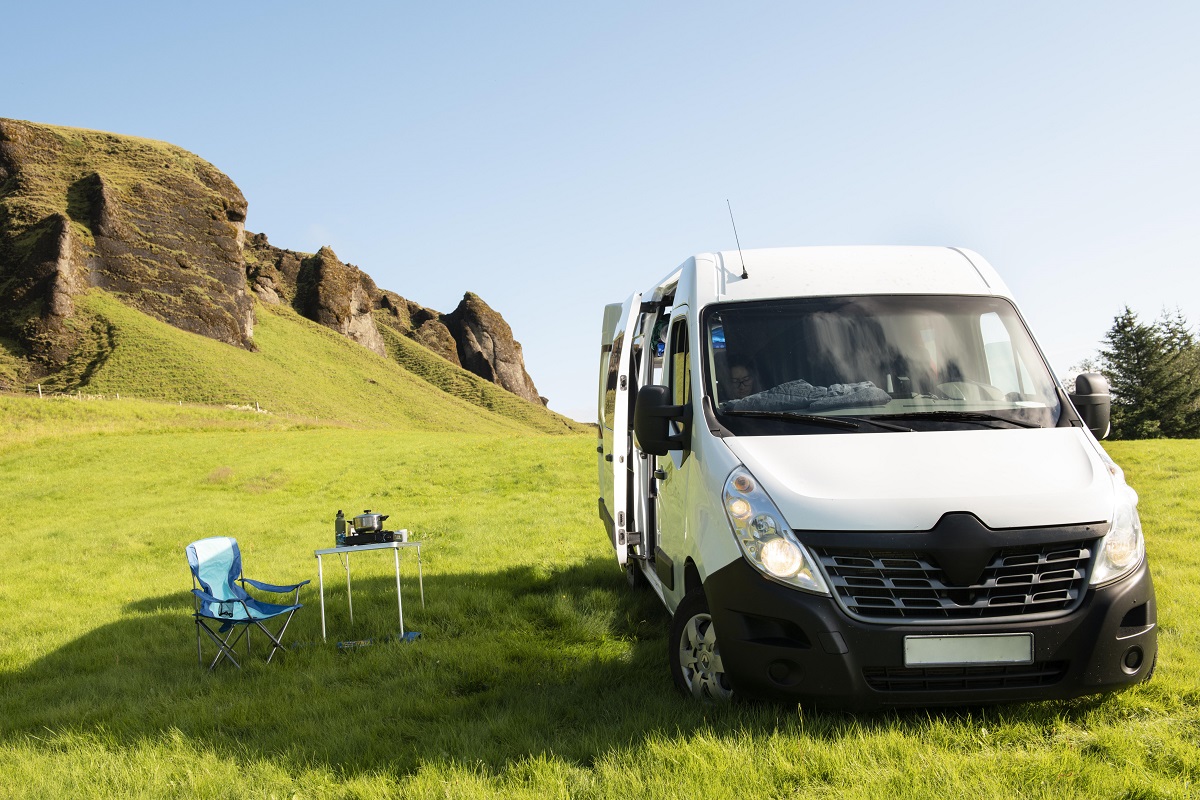Leisure Batteries, | 6 MIN READ Batteries | 6 MIN READ

MARK WATSON | CONTENT HEAD
15
Nov, 2024They are looking for a way to keep power flowing while off-grid. Lithium leisure batteries are becoming a popular choice. This article will show you how they could be the future of off-grid power.
Key Takeaways
- Lithium recreational batteries in Li-ion and LiFePO4 versions offer compact, high-energy options for self-sufficient power in motorhomes and campervans. While they have a higher upfront cost, they compensate with an impressive lifespan of up to ten years or approximately 5,000 cycles.
- Setting aside the initial cost, these batteries offer considerable benefits, such as quick charge times, minimal upkeep, and increased capacity for extended trips away from conventional power sources. They are also more environmentally friendly than lead-acid batteries, and continuous work is being done to lessen the ecological consequences of lithium mining.
- The industry for lithium recreational batteries is forecasted to expand significantly, hitting a valuation of $187 billion by 2032. This expansion mirrors their allure as resilient and eco-friendly power solutions in the midst of worldwide progress towards more sustainable habits. Developments such as sodium-ion and solid-state batteries could drastically alter the industry.
Overview of Lithium Leisure Batteries

Lithium leisure batteries offer high energy in compact sizes, making them ideal for campervans and motorhomes. They come in various capacities like 100ah, 200ah, and even up to 400ah to fit different power needs.
Key specifications and types
Lithium leisure batteries appear predominantly in two variants: Li-ion and LiFePO4, with each possessing unique price brackets. The cost of a Li-ion battery featuring 100-200 Ah capacity varies between INR 50,000 and 100,000.
Conversely, a LiFePO4 leisure battery of comparable capacity tends to range from INR 60,000 to 120,000. The cost of these batteries presents a notable expenditure considering conventional leisure batteries are priced roughly around £150.
Through direct interactions, it's found that improving to a lithium leisure battery for your motorhome or campervan modifies power management whilst off-grid. Lifetimes stretching to a decade or approximately 5,000 cycles mean these batteries outperform traditional counterparts by a significant degree.
The initial switch might appear pricey around £6,500 but over time, its durability and performance outweigh the initial cost. Independent of the choice between a lithium-ion leisure battery made explicitly for vehicles like campervans and motorhomes, or the stability provided by a Lifepo4 leisure battery for caravan necessities; either option signifies an improvement in efficient energy utilisation during your journeys.

Benefits of Lithium Leisure Batteries for Off-Grid Power
Lithium leisure batteries give your off-grid power setup a massive boost in capacity and lasting power, all while being kinder to the environment. Explore how they can transform your adventures today.
Enhanced capacity and longevity
Lithium leisure batteries, such as the 100ah lithium battery or the stronger 400ah leisure battery, provide impressive capacity for vehicle owners. These units can endure between 5 to 10 years and support approximately 5,000 cycles.
This longevity implies they extend beyond merely lasting longer; they also ensure constant power over time. Campervan or motorhome owners who transition to a lithium leisure battery discover their off-grid power solution retains more charge and supports their journeys without the need for regular replacements.
My personal experience with a fogstar lithium battery in my campervan underscored its rapid charging abilities and minimal maintenance requirements. Initially, at nearly £700, the investment appeared substantial.
Nevertheless, after several years of use with no decline in performance or capacity, the worth became clear. These batteries manage high-power applications effortlessly, making them perfect for extended trips away from traditional charging sources.
Environmental advantages
Moving beyond the impressive capacity and longevity of lithium leisure batteries, their environmental benefits are also noteworthy. These batteries are generally safer for our planet, providing a more eco-friendly alternative than conventional lead-acid batteries.
They require less upkeep and have inbuilt safety characteristics that minimise pollution risks.
Mining for lithium does carry its disadvantages, such as water pollution and CO2 emissions. Yet, there is rising intrigue in identifying alternative sources to lessen these impacts.
This change also caters to geopolitical concerns that could influence where we obtain our materials. Lithium leisure battery for campervan users and others, therefore, can be reassured they're utilising a power source that is efficient and more aligned with sustainable practices.

Future Outlook for Lithium Leisure Batteries
The future outlook for lithium leisure batteries shows promising potential for innovation and market expansion, making them a smart choice for off-grid power solutions.
Potential developments and market growth
Experts anticipate a skyrocketing lithium battery market value of $187 billion by 2032, underlining the increasing dominance of such power sources. This surge is due to their unmatched capacity and durability, deeming them perfect for independent power in motorhomes and campervans.
In alignment with global steps towards sustainable energy solutions, lithium leisure batteries make their mark. They present environmental advantages in sync with collective endeavours to trim down carbon footprints.
Organisations such as Fogstar Batteries position themselves as leading pioneers, inventing advanced 12v lithium ion leisure batteries and lifepo4 options for vehicles. As the need escalates on a global scale, China's significant position as a lithium producer emphasises the necessity to branch out supply chains.
Innovations including sodium-ion and solid-state batteries suggest an era where alternatives may supplement or even question the present lithium supremacy.
Let's now shift our attention to see how these trends could influence your choices whilst selecting a battery for your vehicle.
Conclusion
Lithium leisure batteries stand out as the future for off-grid power. Their long life and high efficiency beat older battery types. Costs are higher, but the benefits last longer. This makes them a smart pick for motorhomes and caravans.
Clearly, they're setting the pace for sustainable travel.





















































































No comments